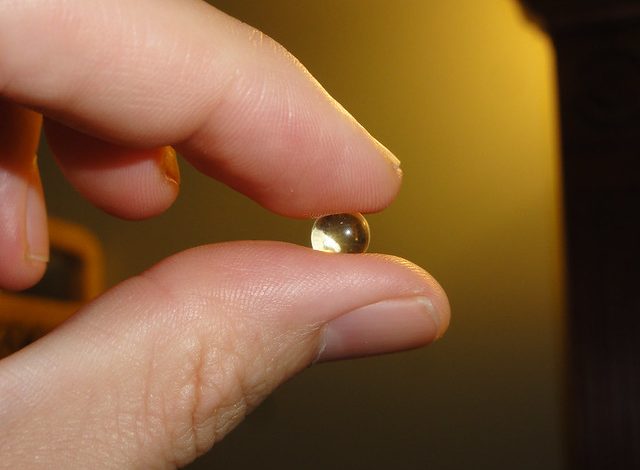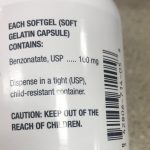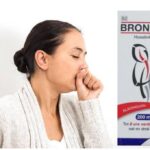Is Benzonatate Abused?

Drug abuse or substance abuse refers to the use of certain chemicals for the purpose of creating pleasurable effects on the brain. There are over 190 million drug users around the world and the problem has been increasing at alarming rates, especially among young adults under the age of 30.
Cough syrup abuse has been a problem for decades. But the concern in the past had been about the alcohol and codeine in cough and cold products. Because of that, the alcohol has been removed from most OTC cough and cold remedies. State laws also restrict the sale of products that have codeine. But new reports indicate that drug users are turning to other cough products to get high.
What is benzonatate used for?
Benzonatate is used to relieve cough. Benzonatate is in a class of medications called antitussives (cough suppressants). It works by reducing the cough reflex in the lungs and air passages.
Benzonatate does not help with mucus but only helps to stop you from coughing. Since the medication stops the urge to cough, less mucus can be cleared from your lungs and airways. This might cause mucus to build up in these areas, so it’s not the best option if you are looking to clear any mucus or phlegm from your airways by coughing.
How should I take benzonatate?
Benzonatate comes as a liquid-filled capsule and a capsule to take by mouth. It is usually taken three times a day as needed. Follow the directions on your prescription label carefully, and ask your doctor or pharmacist to explain any part you do not understand. Take benzonatate exactly as directed. Do not take more or less of it or take it more often than prescribed by your doctor.
Adults and children over 10 years old: Take 100 mg to 200 mg by mouth three times a day as needed for cough. Do not take more than 600 mg per day.
Benzonatate is not safe to use for children under 10 years old. Ask your child’s provider for cough medications that are appropriate for your child.
Swallow the capsules and liquid-filled capsules whole; do not break, dissolve, cut, crush, suck or chew them. If the medication is released into the mouth, it may make the mouth numb and cause choking. Do not eat or drink if you feel numbness or tingling in your mouth, tongue, throat, or face. If feelings of numbness or tingling continue or get worse, get medical help right away.
Is benzonatate abused?
Although benzonatate is not a narcotic and is not prone to abuse, it has a poor safety profile. There have been numerous reports of overdose resulting in neurotoxicity (seizures), cardiotoxicity (arrhythmias), and death, especially in children.
Benzonatate works within 15 to 20 minutes and can last up to 8 hours but can make you dizzy or drowsy. Using this medication with alcohol or marijuana (cannabis) can make you more dizzy or drowsy. Do not drive, use machinery, or do anything that needs alertness until you can do it safely.
What are the side effects of benzonatate?
Side effects of benzonatate that you should report to your doctor or health care professional as soon as possible:
• allergic reactions like skin rash, itching or hives, swelling of the face, lips, or tongue
• breathing problems
• chest pain
• confusion or hallucinations
• irregular heartbeat
• numbness of mouth or throat
• seizures
Side effects of benzonatate that usually do not require medical attention (report to your doctor or health care professional if they continue or are bothersome):
• burning feeling in the eyes
• constipation
• headache
• nasal congestion
• stomach upset
This list may not describe all possible side effects of benzonatate. Call your doctor for medical advice about side effects. You may report side effects to FDA at 1-800-FDA-1088.
What other drugs will affect benzonatate?
Using benzonatate with other drugs that make you drowsy can worsen this effect. Ask your doctor before using opioid medication, a sleeping pill, a muscle relaxer, or medicine for anxiety or seizures.
Other drugs may interact with benzonatate, including prescription and over-the-counter medicines, vitamins, and herbal products. Tell your doctor about all your current medicines and any medicine you start or stop using.



